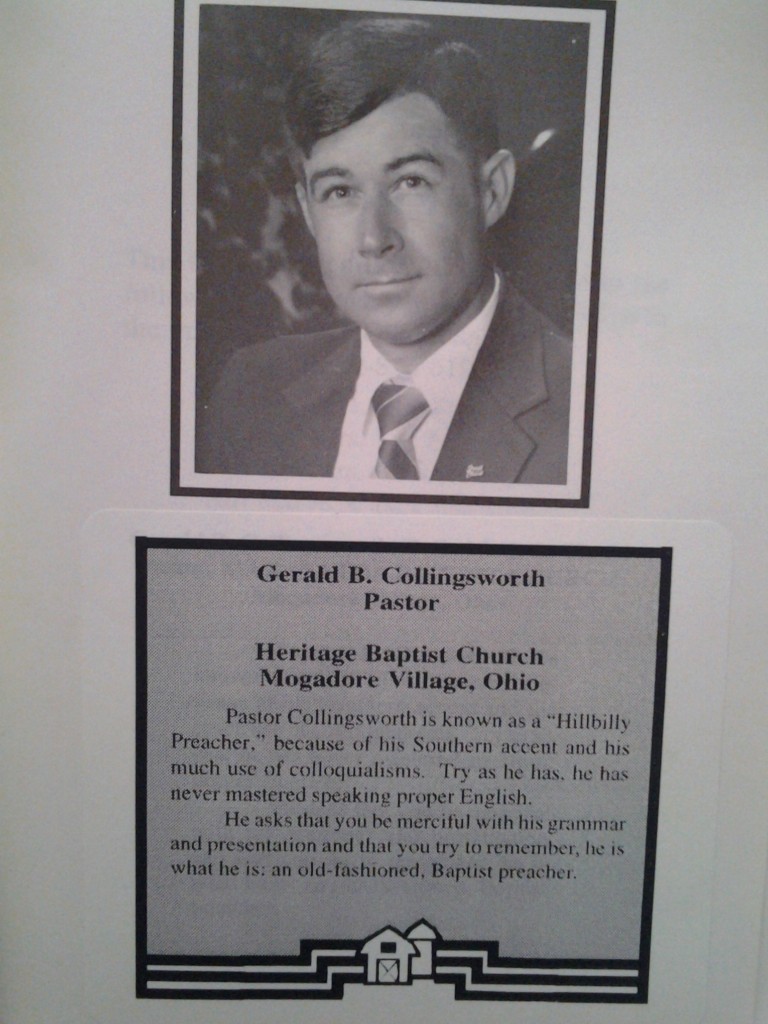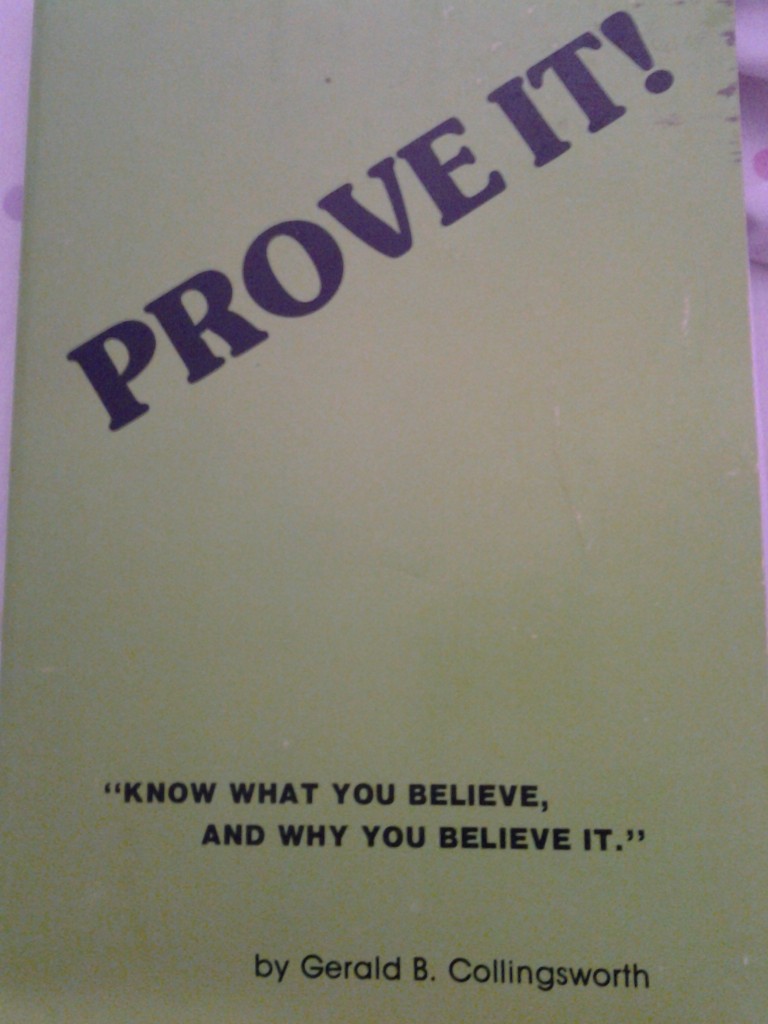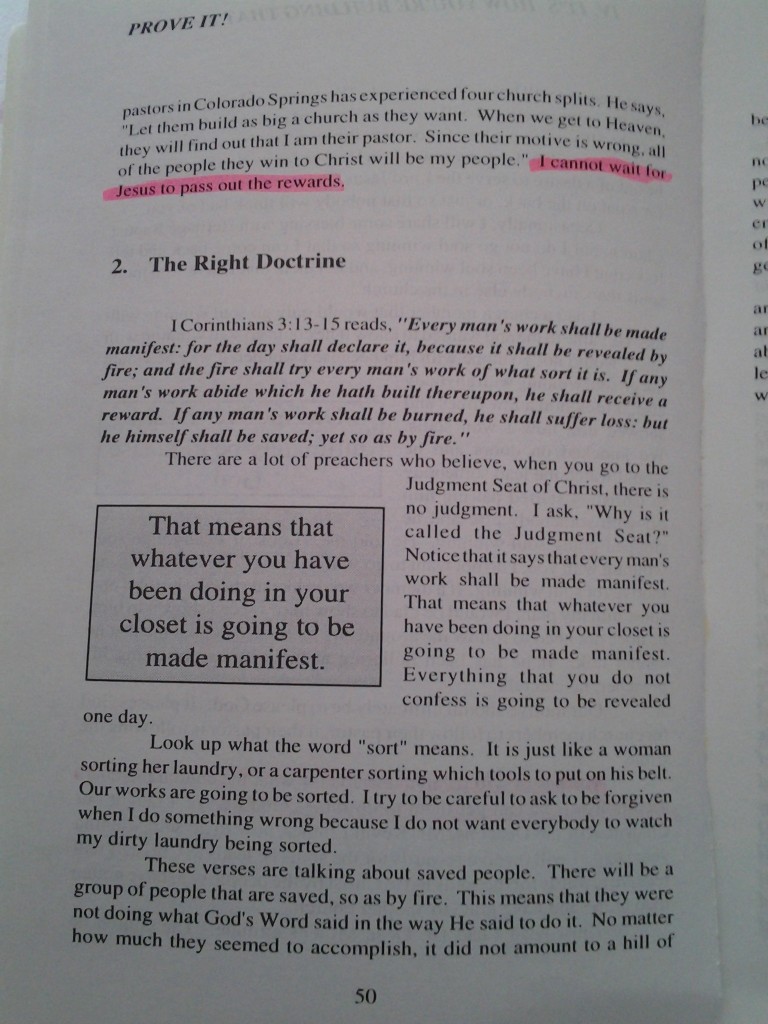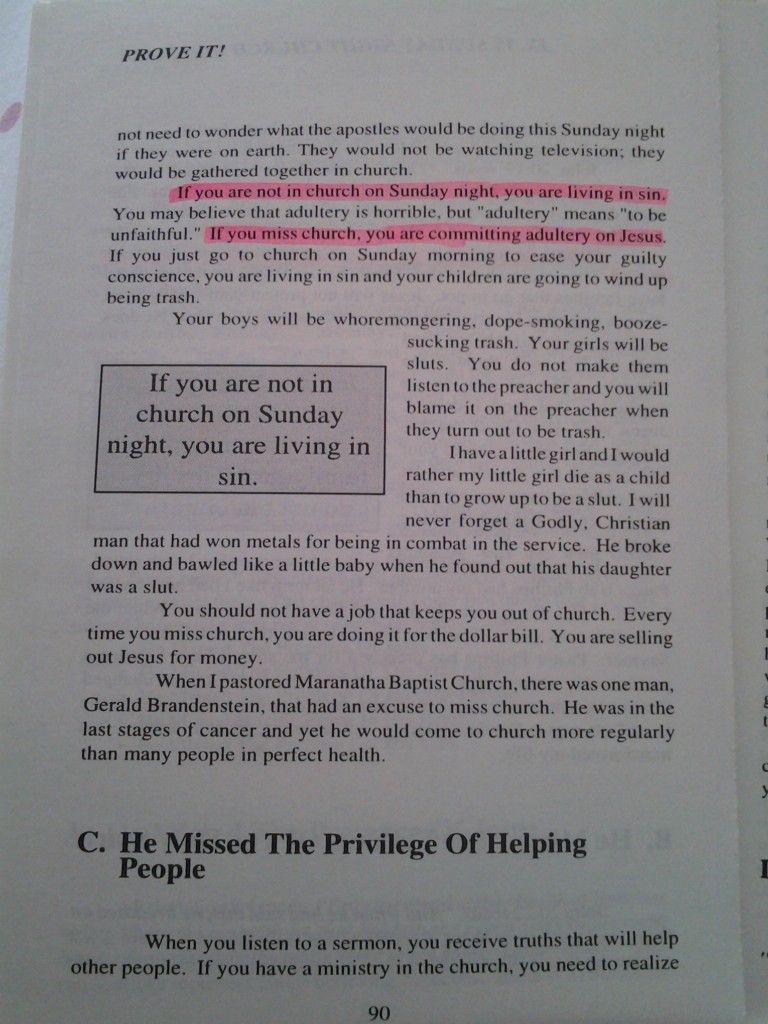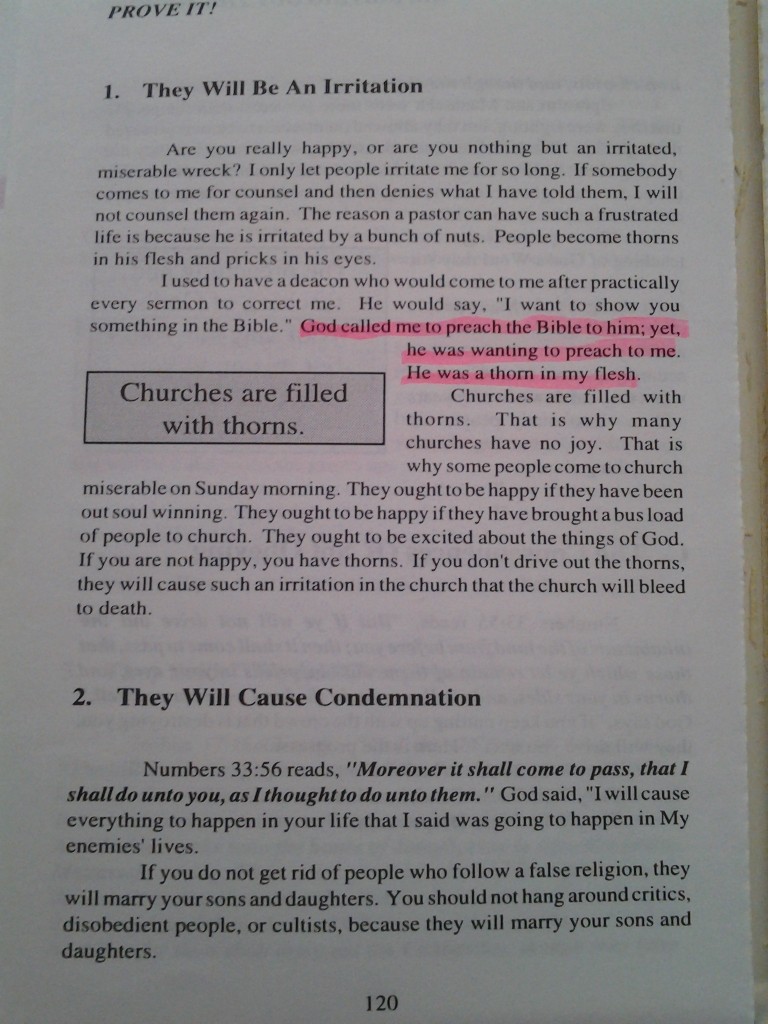
**This post contains bad words. If you do not wish to read bad words do not read this post**
One of the perpetual questions from those learned their language habits in the halls of fundamentalism is this: what makes a word bad? For people to whom “crap” and “butt” were just as forbidden as “shit” and “ass” the answer is far from simple.
To help with this and other questions, author Melissa Mohr has written Holy Sh*T: a Brief History of Swearing. The book is a journey of verbal discovery that starts in ancient Rome, sails through Victorian England, and ends up with the words you can’t say on modern television. It’s an easy read and for anybody who has ever felt guilty about expressing themselves forcibly it’s a real eye-opener.
Early in the book, Mohr draws a line between the two types of language that we have now compiled into the list of modern “swear words.” On the one side is “the holy” and on the other is “the shit.” The first has to do with flippantly or vainly invoking sacred ideas. The latter has mainly to do with sex and bodily functions. It’s interesting to note that over the last 100 years or so the shift has been completely made from using religious imagery as our strongest language (damn you) to using bodily imagery instead (fuck you). In an increasingly secular society there’s almost nothing in the holy realm of swearing that you can’t say on television.
A note for those who say that swearing is a lazy or boring way to express yourself: emotional stress response tests have demonstrated that the use of swear words actually creates physiological reactions that lesser words don’t manage. People can withstand pain for longer, for example, if allowed to swear than they can when forced to say other words. Strange but true.
Beyond the mere etymology of the words,however, I was struck by some memories from my childhood, hearkening back to being told that “darn” and “drat” were every bit as bad as saying stronger words. By some strange magic, the fact that I was told that only served to imbue those expletives with even more power than they would otherwise have had. Words only have the power that we give to them. By putting more and more words on the naughty list, fundamentalism only serves to create MORE swearing in the world, not less. How perverse.
The book also made me reflect on the language that we do hear preachers use in fundamentalism. Tony Hutson screams “God Help!” in the same tone and manner that others might say an obscene phrase. Is it better to scream “God Bless!” when you smack your thumb with a hammer than it is to yell “oh, shit!”? What is more important to you, really? In modern times, outhouses would appear to have more power than church houses in America.
As a bonus there’s also a great passage on swearing in the King James Bible and some of the coyness of the translators in using euphemisms so as not to offend the sensibilities of the culture around them. Those who constantly call for “literal translation” should find that a little perplexing: is it better to be literal or prudish? I’ll leave it to them to decide.




